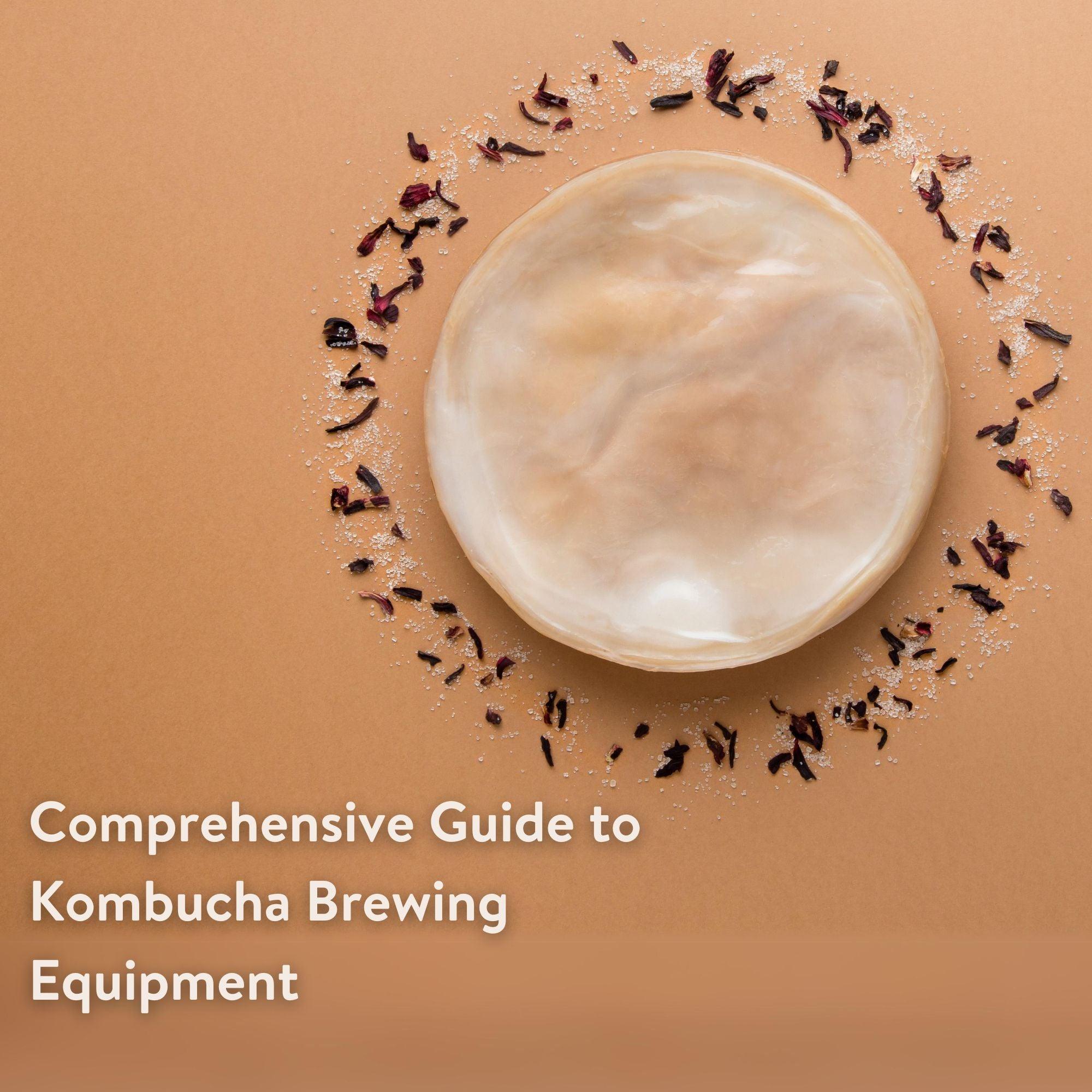Understanding Probiotics: The Good Soldiers of our Body
Probiotics are live microorganisms, primarily composed of bacteria and yeast, that inhabit various parts of our bodies, particularly in our gut. These organisms are deemed "good" or "friendly" as they work continuously to keep us healthy by maintaining a stable equilibrium between good and bad bacteria in our bodies.
The Good Bacteria vs. The Bad Bacteria
The human body is a complex ecosystem inhabited by a multitude of microorganisms. Some of these microorganisms are harmful and can cause diseases, while others are beneficial and vital for maintaining our health. Probiotics belong to the latter group. They are the "good" bacteria that balance out the "bad" bacteria in our bodies to ensure optimal health.
The Foundation of Probiotics: The Microbiome
The microbiome is a diverse community of microorganisms living in and on our bodies. It includes bacteria, fungi (including yeasts), viruses, and protozoa. Everyone's microbiome is unique, with no two people having the exact same microbial cells — not even identical twins.
For a microbe to be classified as a probiotic, it must meet several criteria. It should be able to:
- Be isolated from a human
- Survive in the human intestine after being consumed
- Provide a health benefit to the host
- Be safely consumed

The Workings of Probiotics: A Closer Look at their Functions
The primary function of probiotics is to maintain a healthy balance in our bodies. They work by combating the bad bacteria when their numbers increase, thereby restoring balance and promoting health. Probiotics offer several health benefits, including:
Digestion Aid
Probiotics assist in the digestion process by breaking down food substances and helping the body absorb nutrients more effectively.
Immunity Boost
Probiotics also play a crucial role in maintaining the immune system's health. They help in the production of vitamins and contribute to the cells lining the gut, preventing harmful bacteria from entering the blood.
Vitamin Production
Some probiotics are capable of producing vitamins, specifically B vitamins and vitamin K. These vitamins play a crucial role in energy metabolism and blood clotting.
Detoxification
Probiotics can help remove toxins from the body. They can bind to harmful substances in the gut and help excrete them, contributing to detoxification processes.
Regulation of Inflammation
Probiotics have been shown to regulate inflammation in the body. They can modulate the immune response, reducing the severity and duration of inflammatory conditions.
Probiotic Sources: Foods and Supplements
Probiotics naturally reside in our bodies, but their numbers and effectiveness can be enhanced through dietary sources and supplements. These beneficial microorganisms can be found in a variety of foods and beverages and are also available as dietary supplements.
Probiotic-rich Foods
Fermented foods are a rich source of probiotics. These include foods like yogurt, pickles, sauerkraut, tempeh, and certain types of cheese. Fermented beverages such as kombucha and kefir are also packed with beneficial probiotics.
Probiotic Supplements
For those who may not get sufficient probiotics from their diet, supplements can be a viable option. These supplements, available in various forms such as capsules, powders, and liquids, come packed with different types of probiotics to cater to different health needs.
Health Benefits of Probiotics: The Science Behind the Claims
Research evidence backs the health benefits offered by probiotics. These live microorganisms have been linked to improved digestion, enhanced immunity, better mental health, and more. Here's a closer look at what science says about the health benefits of probiotics.
Digestive Health
Probiotics play a crucial role in maintaining a healthy gut. They help in the digestion process and can alleviate problems like constipation and diarrhea.
Mental Health
Emerging research suggests a connection between gut health and mental health, known as the gut-brain axis. Certain probiotics have been linked to improved mental health outcomes, including reduced symptoms of anxiety and depression.
Immune System
Probiotics also play a crucial role in supporting the immune system. They help boost the body's natural defenses, reducing the risk of infections and diseases.
Skin Health
Some research suggests that probiotics may also benefit skin health. They may help manage conditions like eczema and could potentially play a role in managing acne and other skin conditions.
The Science and Research Behind Probiotics
The field of probiotics is one of active research and study. Scientists are continually exploring the potential benefits and applications of probiotics in various health contexts. While a lot of research indicates positive outcomes associated with probiotic use, more evidence is needed to make definitive claims.
For instance, probiotics have been studied for their potential role in managing and preventing various metabolic disorders and illnesses. There is also emerging interest in understanding the specific metabolites or bioactive compounds produced by probiotics, and how these may contribute to health benefits.
Debunking Common Misconceptions about Probiotics
Probiotics are often misunderstood, leading to several misconceptions. One common myth is that all bacteria are harmful. In reality, our bodies host a vast number of beneficial bacteria, including probiotics, that are essential for our health.
Another misconception is that probiotics are only beneficial for digestive health. While they do play a critical role in maintaining a healthy gut, their benefits extend to other areas of health, including immunity, mental health, and more.
FAQs about Probiotics
Should I take probiotics after taking antibiotics?
Antibiotics are known to eliminate both good and bad bacteria in the body. Taking probiotics after a course of antibiotics can help restore the balance of good bacteria in the body. However, it's always best to consult with a healthcare provider before starting any new supplement regimen.
Are there any risks associated with taking probiotics?
Probiotics are generally considered safe for most people. However, those with weakened immune systems, recent surgery, or other serious health conditions should exercise caution and consult with a healthcare provider before taking probiotics.
Summary: The Power of Probiotics for Health and Wellbeing
In summary, probiotics are beneficial microorganisms that play a crucial role in maintaining our overall health. They aid in digestion, boost our immune system, contribute to mental health, and much more. Whether you choose to include more probiotic-rich foods in your diet, or opt for a supplement, probiotics can be a valuable addition to your health and wellness regimen.
Remember, while probiotics offer numerous health benefits, they should not replace a balanced diet and a healthy lifestyle. Always consult with a healthcare provider before starting any new supplement regimen, particularly if you have underlying health conditions. Probiotics are a promising field of research with potential far-reaching implications for human health, but as with any health intervention, it's essential to approach it with knowledge and caution.



